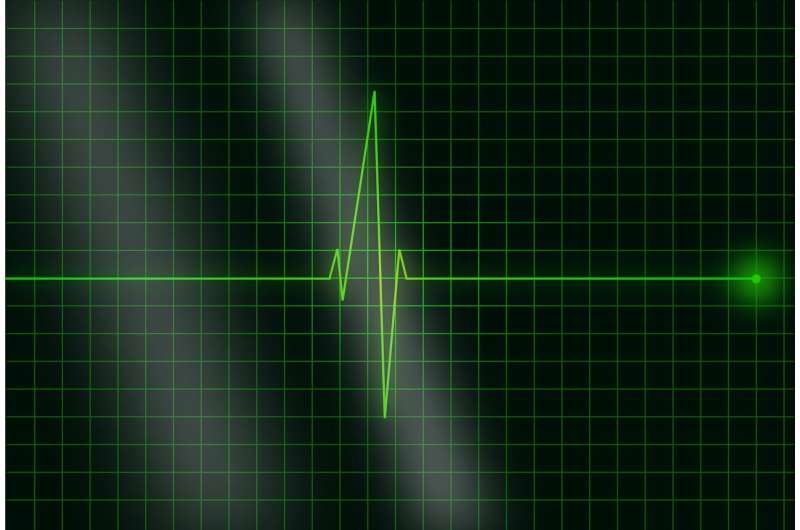What is hypertrophic cardiomyopathy?

Hypertrophic cardiomyopathy is a genetic heart disease that occurs in 1 in 500 people, and in some cases, you might not even be aware that you have it. People with hypertrophic cardiomyopathy have an abnormal arrangement of heart muscle cells that usually is caused by gene mutations that make the heart grow abnormally thick.
Hypertrophic cardiomyopathy is a thickening of the heart muscle, making it more difficult to pump blood.
Dr. Steve Ommen is a Mayo Clinic cardiologist who specializes in the disease. He says shortness of breath or chest pain, especially during exercise, are common symptoms.
"It's important to point out first that it's completely compatible with a normal life span and a normal quality of life," says Dr. Ommen. "There are risky things we need to look out for, but that really affects the minority of people."
Many people with the disease won't have any significant health problems. But there are cases that require treatment.
"The first thing is we do some risk assessment to make sure patients aren't at high risk for dangerous heart rhythms, in which case we might consider offering them an implantable defibrillator device to serve as a safety net," says Dr. Ommen.
If a patient has symptoms that affect quality of life, the disease is treated with medications. Surgery or other procedures also may be necessary in some cases.
"We can mechanically thin down the heart muscle where it's getting in the way of blood flow either through a catheter-based procedure or with a well-established surgical procedure called surgical septal myectomy," says Dr. Ommen.
©2021 Mayo Clinic News Network
Distributed by Tribune Content Agency, LLC


















